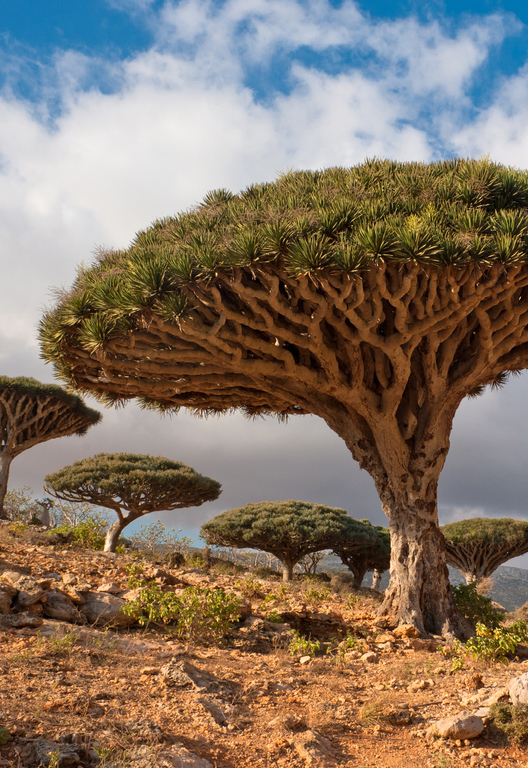A forgotten coffee variety returns to the spotlight: Yemen's return of Mocha from Yemen

From a distant land, war-torn, come optimistic "resurrection" messages of an ancient coffee variety.
Although coffee originated in Ethiopia, its first systematic cultivation took place in modern-day Yemen in the Arabian Peninsula - after all, Yemeni Sufi monks were also the first people to make coffee from roasted coffee beans. For centuries, coffee has been an Arab monopoly, and Yemen has been its center: all coffee was making its way to the rest of the world from the port of Mocha to the Red Sea, and even the first coffee blend ever created in the colonial times consisted of coffee beans from Mocha and Java. It's no coincidence that the word "mocha" still survives in the coffee world, so many centuries later.
 The decline of coffee growing in Yemen
The decline of coffee growing in Yemen
The decline of coffee cultivation in Yemen essentially begins when European colonialists broke the Arab coffee monopoly, importing coffee trees first into Southeast Asia and the Caribbean and then into Latin America and the rest of Africa. Yemen's production, despite its remarkable quality, has always been small in quantity and has been unable to compete with the new data, resulting in a slow decline.
Political upheavals and civil wars that have plagued the Arab state for many years have also played an important role, which has had a major impact on crops in general, and therefore on coffee. Still, limited water reserves also played an important role, coupled with the introduction of the cultivation of Khat, a mild, chewing drug. Both Khat and coffee are extremely water-consuming, with the exception that Khat cultivation is very easy, unlike coffee, and leaves more money to its growers, since it requires no special treatment.
The recent raging civil war, but mainly Saudi Arabia's embargo, has literally knelt the country and brought its coffee growing to the brink of extinction - and perhaps the day we were talking about definitively eliminating one of the oldest varieties was not far away.
What does Yemenite coffee taste like?
Hearing the word "mocha", most people think of chocolate, and in fact, cocoa notes are intense in the coffee beans from Yemen. The coffee grown in Yemen is of course Arabica coffee, dominated by chocolate notes and a delicious profile that brings to mind aromas of apple and citrus fruits, as well as vanilla and spices. The unique taste is due both to the variety and the particular altitude of the area, but also to the unique processing. The coffee fruits are picked by hand when they ripen, dried in the sun for days, and after they ripen, the dehydrated peel is also removed by the grain by hand. This process of ripening and processing endows Yemeni coffee with its unique aromas.
Many coffee lovers argue that certain varieties of Ethiopian Arabica can counteract Yemeni mocha, while several blenders remake the historic blend Mocha - Java using Ethiopian and Asian coffee, respectively.
The rebirth of Mocha
Recently, and while it all seemed to be true Yemeni Mocha would soon be past, a handful of farmers from the mountainous villages of Haraz decided to take matters into their own hands and save Yemen's heritage, the exquisite Arabica coffee. Many acres of khat gave way to coffee growing, employing years of old techniques and know-how, and slowly the situation began to show signs of recovery. Today, coffee growing is proceeding slowly but at the same time with steady steps, and the associated cooperatives and established companies are making sure that coffee is shipped overseas safely.
However, production remains low and Mocha is considered a delicatessen product, with prices comparable only to other similarly low production and rare coffees, such as Jamaica Blue Mountain or Panama Gesha. But despite the fact that the exquisite mocha is addressed to a clearly limited audience, her resurrection gives her hope that slowly, and if peace is restored in the region, Mocha will slowly find its place in the cups of the whole world.
Perhaps the day we can easily taste the coffee they drank in Europe many years ago is still far away, but we're not disappointed - good coffee is everywhere.
με στοιχεία από τον Guardian








